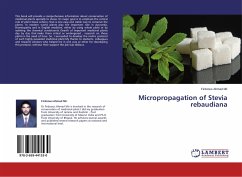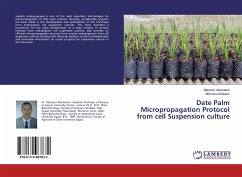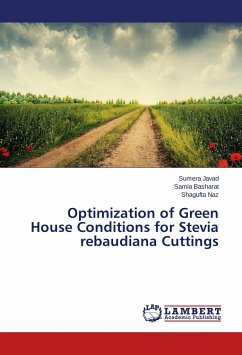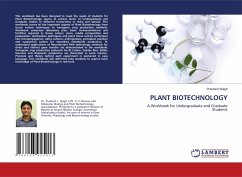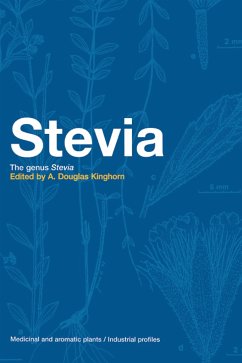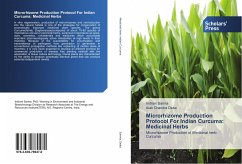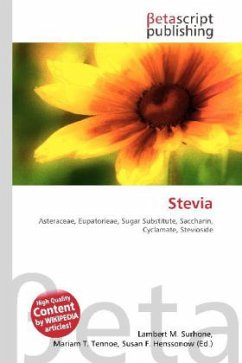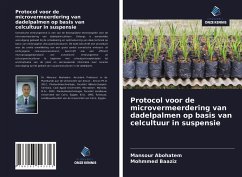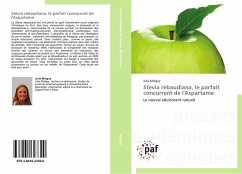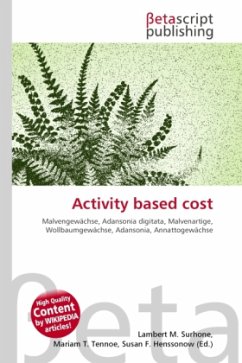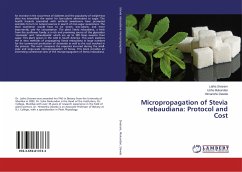
Micropropagation of Stevia rebaudiana: Protocol and Cost
Versandkostenfrei!
Versandfertig in 6-10 Tagen
47,99 €
inkl. MwSt.

PAYBACK Punkte
24 °P sammeln!
An increase in the occurrence of diabetes and the popularity of weight-loss diets has intensified the search for low-calorie alternatives to sugar. The health hazards associated with artificial sweeteners have prompted scientists to turn to natural sources in search of non-sugar sweeteners. The ideal sweetener would have to be sweet, low-calorie, and more importantly, safe for consumption. The plant Stevia rebaudiana, a herb from the sunflower family, is a rich and promising source of the glycosides 'stevioside' and 'rebaudioside' which are up to 300 times sweeter than sugar. This plant grows ...
An increase in the occurrence of diabetes and the popularity of weight-loss diets has intensified the search for low-calorie alternatives to sugar. The health hazards associated with artificial sweeteners have prompted scientists to turn to natural sources in search of non-sugar sweeteners. The ideal sweetener would have to be sweet, low-calorie, and more importantly, safe for consumption. The plant Stevia rebaudiana, a herb from the sunflower family, is a rich and promising source of the glycosides 'stevioside' and 'rebaudioside' which are up to 300 times sweeter than sugar. This plant grows in the wild in South America. This work explores the in vitro methods of propagating Stevia rebaudiana in large numbers for the commercial production of stevioside as well as the cost involved in the process. This work compares the expenses incurred during the small-scale and large-scale micropropagation of Stevia. This book provides an interesting commercial view of the micropropagation of Stevia rebaudiana.



